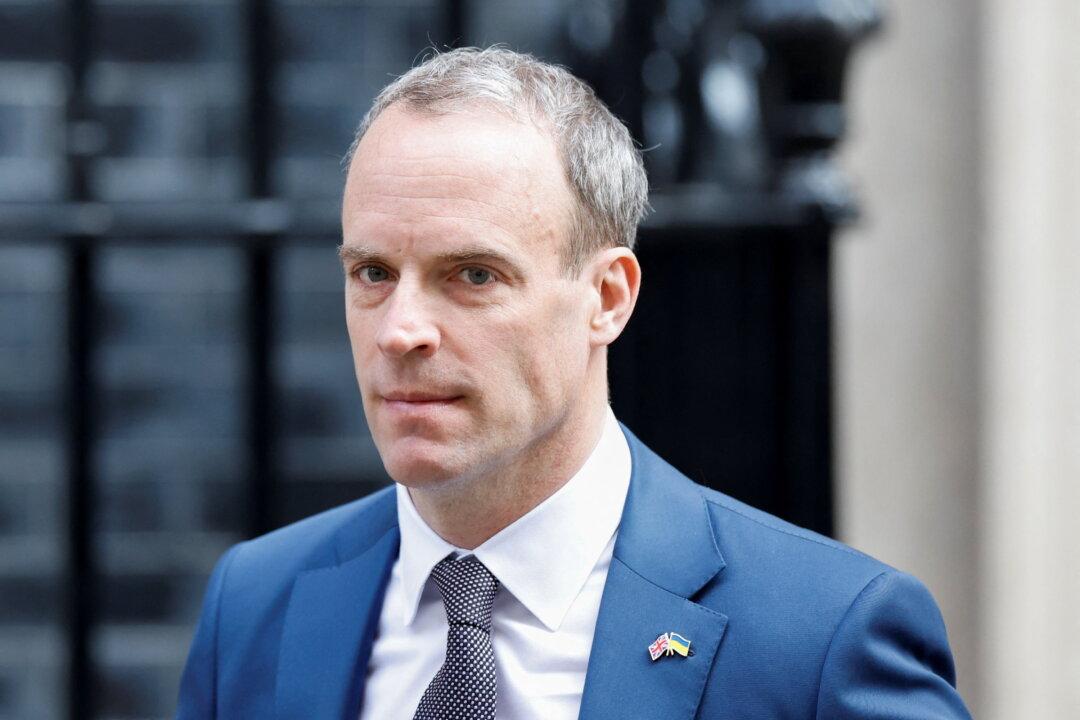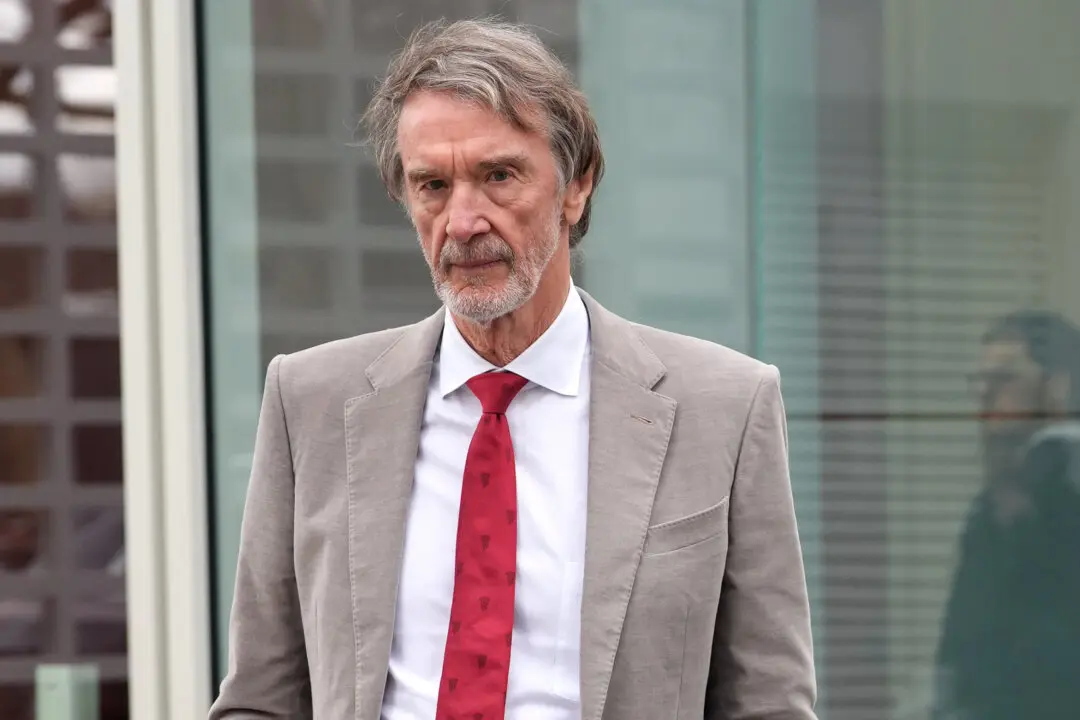The Justice Secretary said he plans to appeal against the Parole Board decision which recommends the mother of Baby P, who died after months of abuse, should be freed from jail.
Dominic Raab made the announcement in the House of Commons on Wednesday after the Parole Board said Tracey Connelly should be released.




